King Charles and Cop27 – it’s a very hot topic
He promised to keep his counsel, yet our monarch has found a way to play a leading role in the UN’s big climate change conference. The King and Rishi Sunak’s environmental positions symbolise two radically distinct camps.
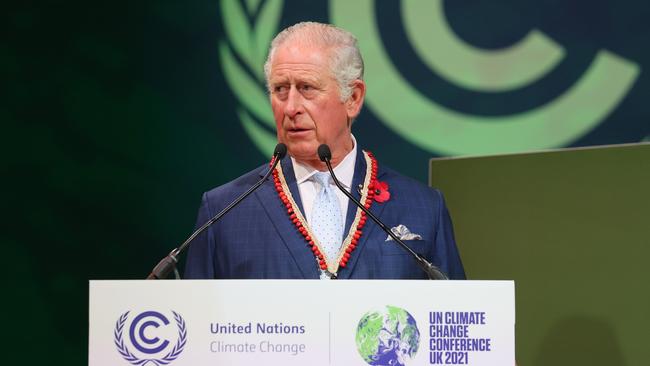
At last year’s UN climate change conference in Glasgow, a glamorous, high-flying British woman in her thirties was put in charge of managing exactly which world leaders would attend and how.
Raakhi Williams, then working for the Foreign Office, took her responsibilities seriously at Cop26: humanity’s collective solution to climate change requires the right people to meet in the flesh. Later she gave a talk to a private London primary school, saying the logistical nightmare of such a high-octane Cop guest list was worth it. A summary of her talk on the school’s website said: “Raakhi explained to the children how important it was that people attended the event in person to enable all the discussions and negotiations which took place around the clock.”
It’s no particular surprise to find out that Williams is the sister of Rishi Sunak, Britain’s new prime minister (she has since moved to work for the United Nations in New York and tweets regularly on the threat of climate change). One year on, the lead-up to this year’s climate change conference, Cop27, which is being held this weekend in Egypt, has in the UK been dominated by “how important it was that people attend the event in person”. Her brother knows this, and not just through sibling chat at the Sunak family dinner table, but still refuses the invitation, and refused it on behalf of King Charles, our head of state, too.
What has followed from his decision can seem like a hokey-pokey dance of invitations played out between Sunak and the King. A hokey-pokey dance on a slippery, melting glacier. What the King, who gave his first important environmental speech in 1970, a decade before Sunak was born, and before even Greta Thunberg’s mother was born, represents is the new guard. Sunak, our youngest prime minister in modern times, whose decision to decline Cop27 grows in symbolism as one of the few announcements of his new premiership, represents the old. Their differences are not just trivial political “optics”; they are battling bids for the establishment’s approach to climate change. Are they in or out? As weekend party plans go, this could be climacteric.
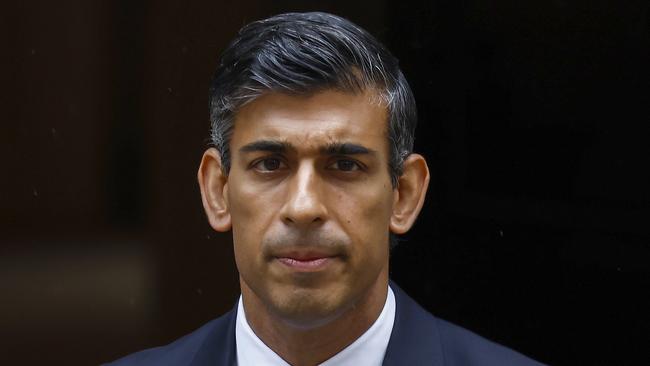
Let’s refresh. Downing Street said it had been “unanimously agreed” between Sunak and the King that our monarch, who gave a barnstorming speech at Cop26 asking for leaders to adopt a “warlike footing”, and rarely misses an opportunity to plead for this cause closest to his heart, would also not be attending Cop27. Buckingham Palace said he was “ever mindful of his constitutional duties”, as per his promise to the public after his mother died, when Charles said: “It will no longer be possible for me to give so much of my time and energies to the charities and issues for which I care so deeply.” Or, as he put it more succinctly in the BBC documentary Prince, Son and Heir, “If you become sovereign then you play the role in the way that it is expected.” In short, the plant-whispering hippy of his 1970s youth has been banished now he is king, in an echo of Shakespeare’s Henry IV, whose crowning marked a solemn self-immolation: “Presume not that I am the thing I was … so shall the world perceive, that I have turn’d away my former self.”
Sure, except on Sunday afternoon, the Palace announced that the King would hold an official “pre-Cop” reception on Friday. If the King couldn’t go to the party, the party could come to the King. These “pre” drinks, as my teenage children call the more exciting event before the main party, had three named headline guests. John Kerry, the US special presidential envoy for climate; Rishi Sunak, who will give a short welcome speech; and Alok Sharma, the government’s climate tsar, who has been removed from cabinet by Sunak.
Kerry has since stated that it would be “very powerful” for the King to go to Egypt, an expression, as it happens, I have also heard from teenagers begging for a friend to be allowed out at the weekend, while Sharma has said he is “pretty disappointed” in Sunak’s decision not to go. On Monday Mark Spencer, a government minister, said Sunak would go to Cop27 if time allows. This softening may be a response to growing public displeasure or the news that Boris Johnson was making noises about packing his snorkel to head out to Sharm el-Sheikh – it is unclear.
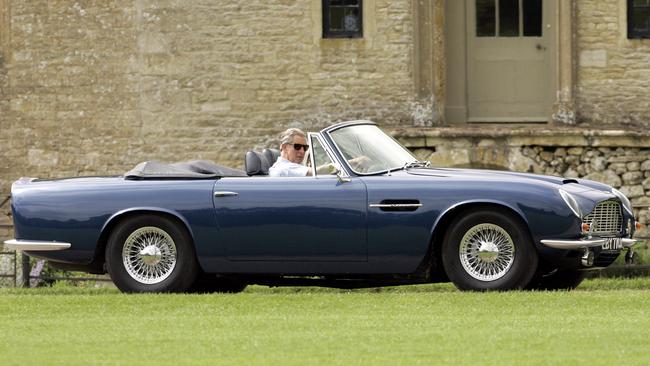
The King and Sunak’s environmental positions symbolise two radically distinct camps. The King’s speeches are infused with a longing for a prelapsarian land that may look something like the grounds of Balmoral, where he found refuge from his miserable Scottish boarding school. “I remember years ago, in the Sixties, when I was a teenager, minding so much about all the things that were going on, the destruction of everything … I’ve always felt it intuitively,” he said in an interview in 2020, with an emphasis on feeling and intuition. This meant his warnings could come before the scientific case was proved, and they appealed to nostalgia and nature notes.
That first speech, aged 21, to the Countryside Steering Committee for Wales, addressed population growth, diminishing resources, sea and river pollution and “indestructible plastic containers … it is not difficult to imagine the mountains of refuse that we shall have to deal with somehow”. At the time he was regarded, as the King has reflected recently, as “completely potty”. Now, this half-a-century-old speech seems visionary.
The King is rightly proud of surviving his Cassandra years in the (increasingly threatened) wilderness. He is even credited as the godfather of the concept of the “Cop": after he hosted an “environment issues"-based conference on the Royal Yacht Britannia, in the Amazon river delta in 1991 with the Brazilian president then, Fernando Collor de Mello. This prepared the ground for the 1992 Rio Earth Summit, birthplace of the United Nations “conference of the parties” (Cop). In 1990 Prince Charles strongly criticised Collor, saying, “We are literally the last generation which can save the rainforest from total destruction,” three decades and a few more generations before “Lula” da Silva prevailed over the Amazon-burning incumbent Jair Bolsonaro. But the King’s approach to nature is deeply conservative: it’s “conservation” in the longest traditions of the Conservative Party. He said recently: “I have rather subscribed to an outlook shared by many indigenous peoples that we must be thinking seven generations ahead really to have any chance to be sure that we leave a better world behind us.” It helps in this thinking if you can buy a tea towel illustrated with the past seven generations of your family and are not worried about an election in two years’ time. This favours the past over the future: reflecting on his 1970s speech, the King said he hated “this sort of white heat of progress and technology, to the exclusion of nature”.
While he has adopted heat pumps and solar panels at his stately homes, the King has avoided wind turbines on his estates: they are a visual intrusion of man on nature. Industry is, emotionally at least, the enemy. His preference instead is for “natural” projects, like the reed bed sewage filtration system at Highgrove. He retrofitted an Aston Martin to run on bioethanol fuel made from waste wine and whey from cheese production. Elon Musk would be nauseated.
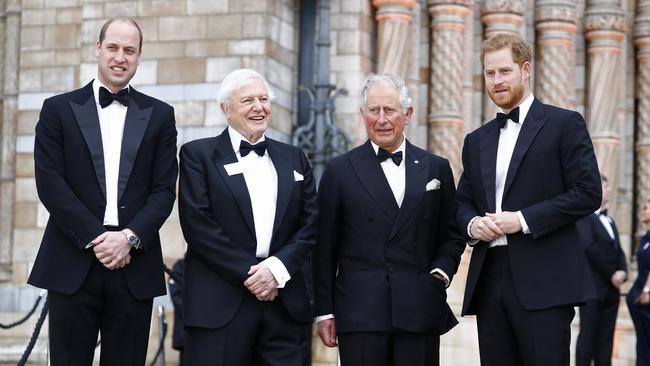
His views in a way were fixed in the 1960s of his youth, harking back further to the nature-rhapsodising poets of earlier centuries. In Harmony: A New Way of Looking at Our World, a 2010 book he co-wrote, he critiques the “mechanistic thinking” of factory farming and industrialisation, and opposes GDP as a way of measuring a nation’s success. Similarly the King can sound, for someone who has inherited over half a billion pounds, inheritance tax-free, like someone who sees money, or at least the profit drive, as a force for evil. In this he is in tune with Generation Z: for them he is a rare grandad who “gets it”.
In a survey of Conservative Party members for The Times in July, “reaching net zero” was bottom of a list of ten policy areas. Tory members are older, more pro-monarch and less environmental than the average, making the King a lever for change. “What good is all the extra wealth in the world gained from ‘business as usual’,” he said at the World Economic Forum in 2020, “if you can do nothing with it except watch it burn in catastrophic conditions.”
Let’s compare him now with Sunak. The benign interpretation of his refusal to attend Cop27 is in the tradition of the classic nerd who must spend the weekend doing his homework (in this case the country’s fiscal plan, due in a couple of weeks) and so misses the key event everyone is talking about. The less benign is that Sunak is informed by his first three years in the workplace at Goldman Sachs, a company once unforgettably described in Rolling Stone magazine as “a great vampire squid wrapped around the face of humanity, relentlessly jamming its blood funnel into anything that smells like money”.
Sunak knows money: he went via private school to private sector jobs that have only ever been in finance. His ministerial career in politics has mainly been at the Treasury; his higher educational career has only been in economics or business: no insight here into the areas, like precious Brazilian forests, where money generation is the problem, not the answer. It feels fitting for him to place Britain’s fiscal plan above all else, especially given the state it’s in, but it also betrays the narrowness of his focus. Sunak’s wealth, largely from his heiress wife, has been estimated as double that of the King, making Charles look positively man of the people by comparison.
Sunak’s conservatism comes from growth powered by business, where the King’s comes from the desire to protect from the damage done by business growth. Sunak loves tech: his wife’s father is the co-founder of Infosys, an information technology company; Sunak went to Stanford when it was incubating some of the world’s most successful internet start-ups; and his wife gave him a £180 ($322) “smart-mug” coffee warmer, which does the job of at least three of the King’s butlers.
Sunak has upheld the ban on fracking, and doubled down on his commitment to ramp up offshore wind farms. This is in line with his vision of mechanisation as our saviour just as much as the King sees it as our sin. During the summer Conservative leadership contest, Sunak said the UK could become energy independent by “investing in vital new technologies” (maybe a giant “smart-UK” cooler inspired by his stocking filler?). This is typical of a Musk-style bypassing of national collaboration in favour of deliverance via tech bro.
Who’s right? The answer, for the Conservatives at least, comes from an unexpected source. It is hard for us little people to take eco advice from either Sunak or the King, who each own at least three properties and take globe-crossing flights with abandon. It may be time for the ruling class to champion the green credentials of Margaret Thatcher, who was nearly as prescient as the King in her identification of the climate crisis (see her trilogy of stark speeches in 1989), but who focused her solution on both technology and close international collaboration. Thatcher is the missing link between Sunak and the King: she would have been at Cop27 and supporting the new tech at home too.
Meanwhile, both Sunak and the King resort to their children. This summer Sunak said that on green issues he takes “advice from my two young daughters, who are the experts of this in my household”. The King, meanwhile, has Prince William – who last year launched his “Earthshot” prize – as his voice on Earth. Children who in my experience argue passionately and, sometimes naively, that it is possible to do one’s duty at home and go out in the world.
The Times

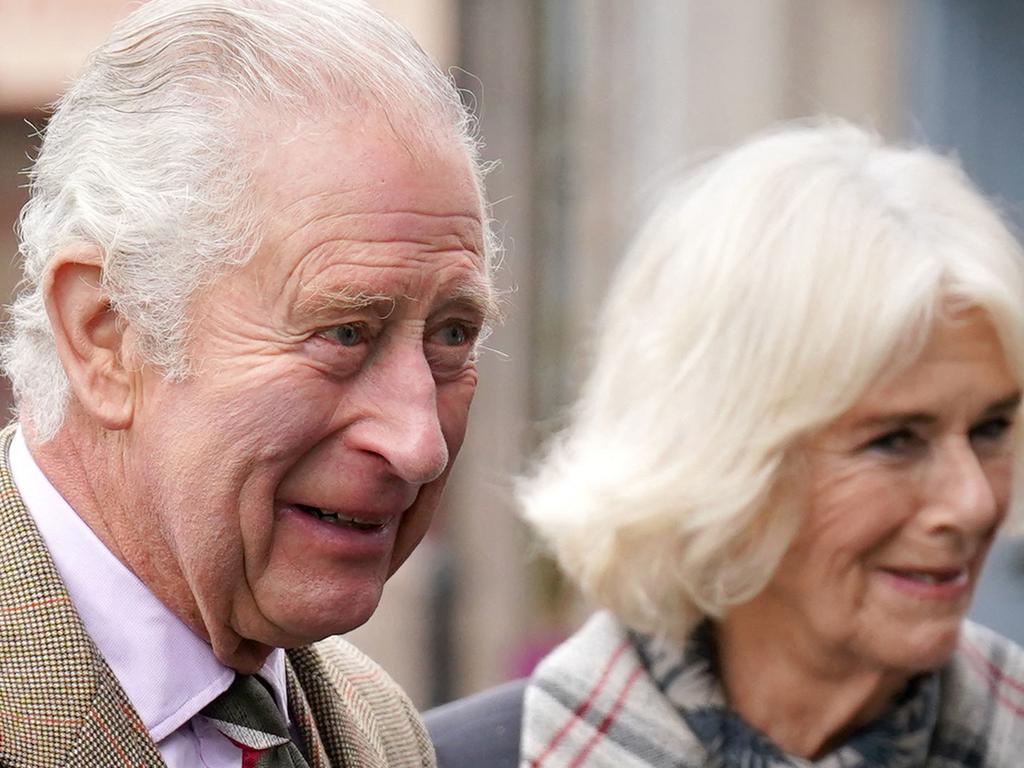
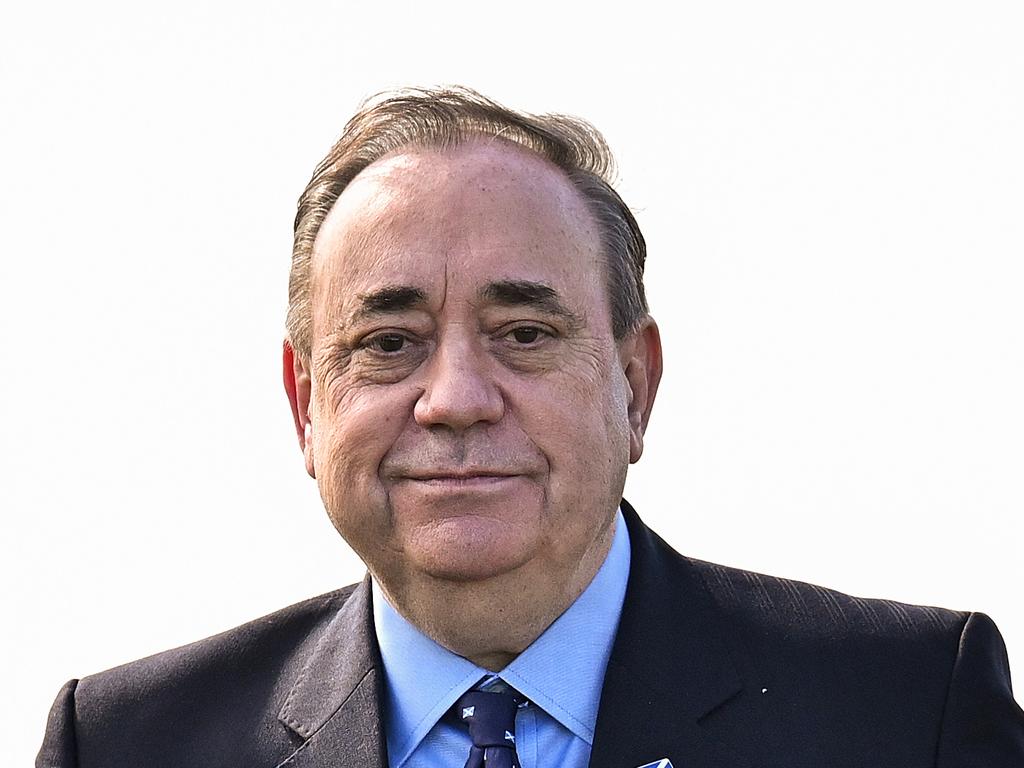
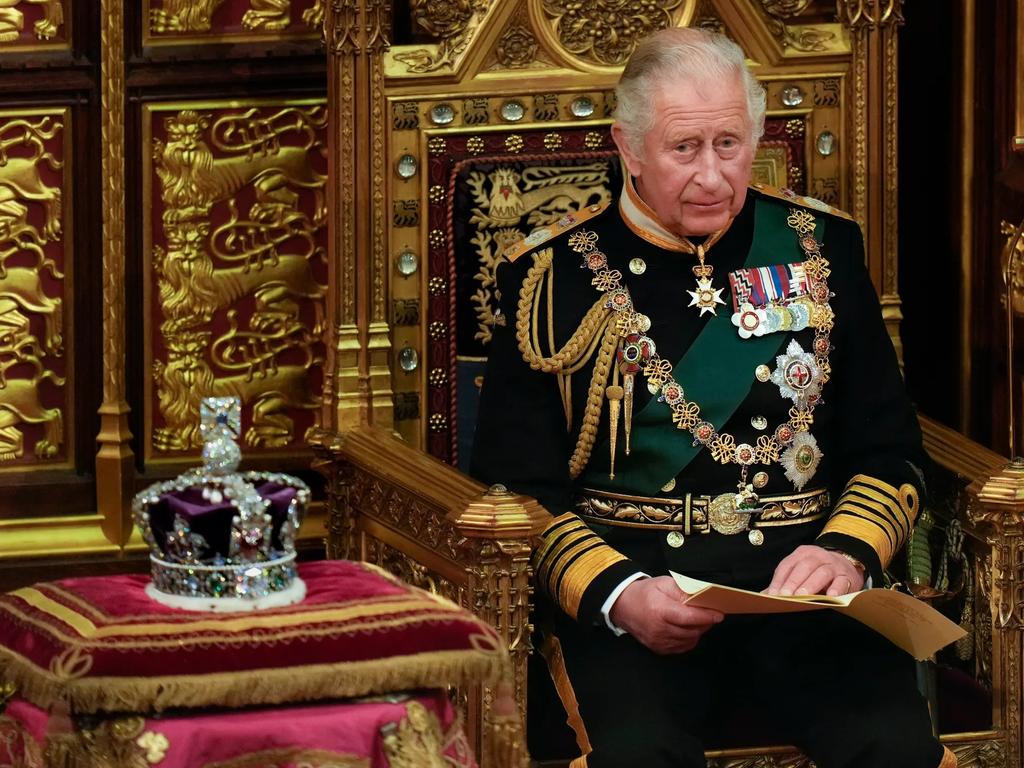

To join the conversation, please log in. Don't have an account? Register
Join the conversation, you are commenting as Logout